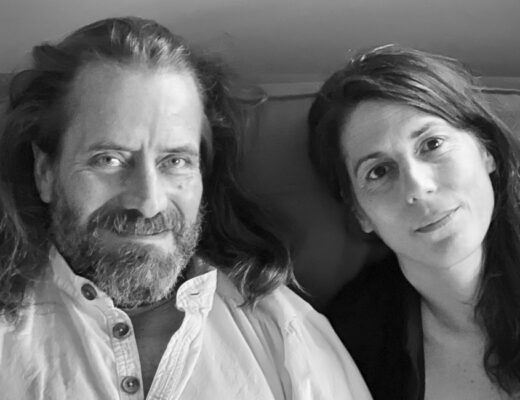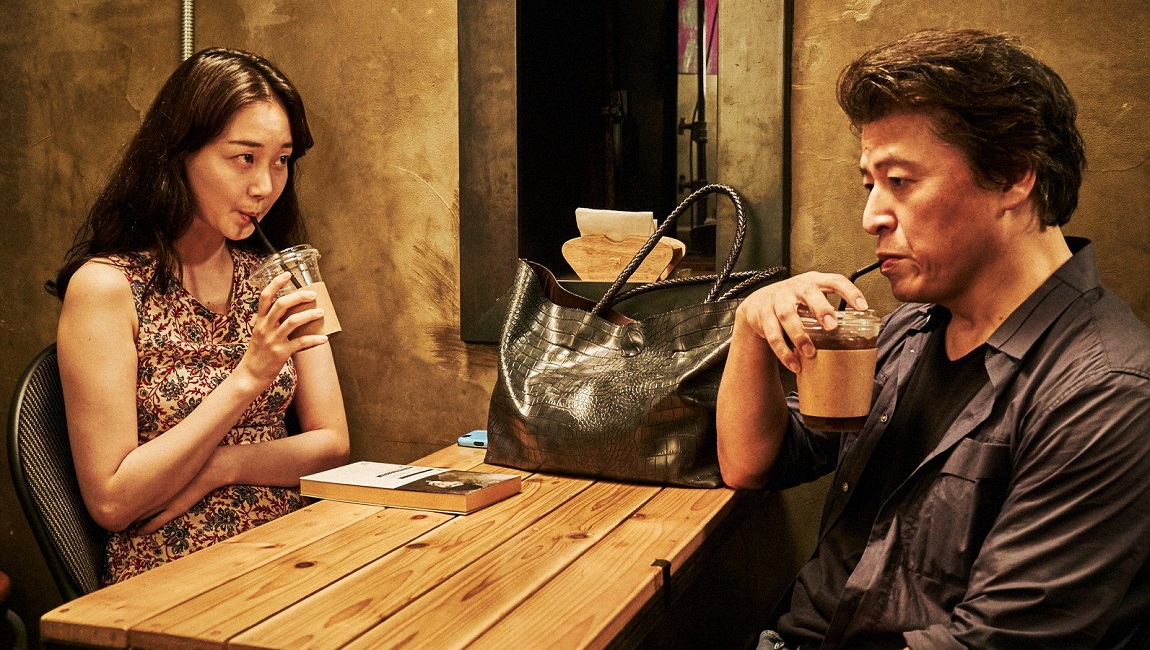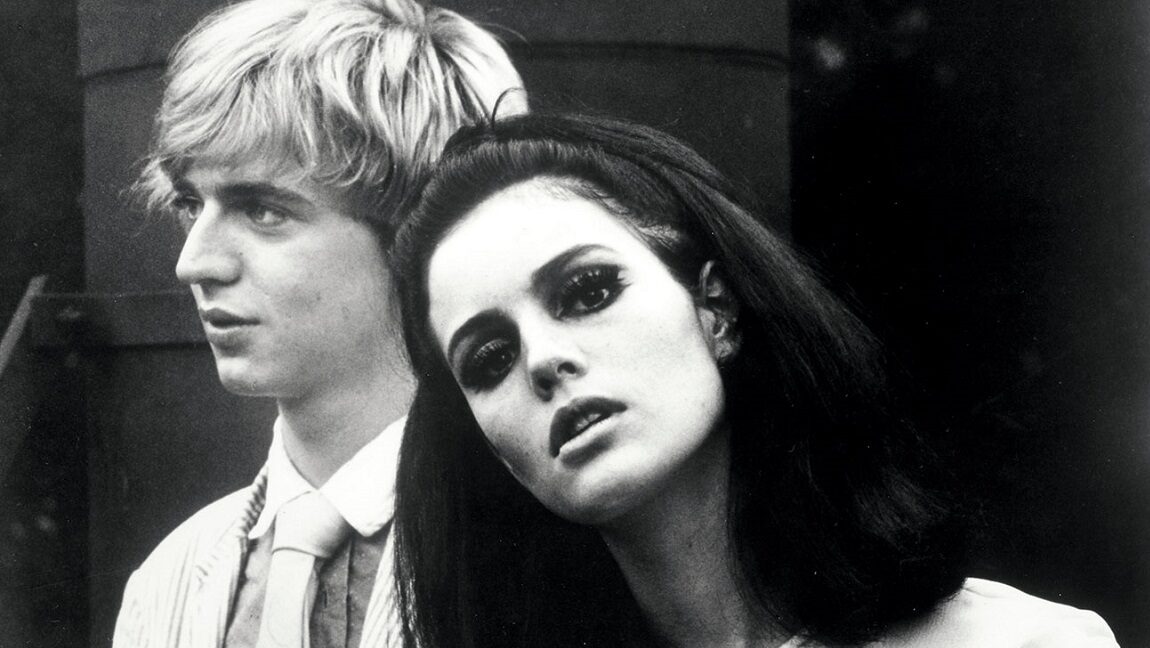Death Will Come is somewhat hampered by its abbreviated runtime and odd asides, but remains a moving document of love and living in the shadow of the inevitable.
There’s a scene early on in the new Chilean film Death Will Come and Shall Have Your Eyes in which Ana (Amparo Noguera) and Maria (Julieta Figueroa) are driving together in a car. Director José Luis Torres Leiva shoots the women in separate, static shots, leaving empty space in the frame that creates a kind of gulf between the two. Maria, the passenger, instructs Ana, who is driving, to close her eyes and let Maria guide her. It’s a strange moment, playful yet tense, like a game where the audience doesn’t know the rules. It’s only as the film gradually unfurls its narrative that we realize, in hindsight, that this is a trust exercise — Maria is asking Ana to put her life in her hands. Progressing as a series of interconnected vignettes with little traditional connective tissue, we eventually learn that Maria has cancer, and that after several bouts of chemotherapy, has decided to stop treatment and let the disease run its course. Ana is a nurse, and she cares for Maria as her condition worsens. They pack up their apartment with some help from Ana’s sister and move to the country, where Maria will live out her final days. It’s a slow, evocative film, building up the details of Ana and Maria’s relationship by zeroing in on brief, privileged moments. Torres Leiva eventually switches gears and begins to deemphasize the space between the women, filling the widescreen frame with extreme closeups of faces and hands, a kind of visual shorthand to the bond between the two as they navigate this tricky new emotional terrain. Facing the ultimate unknown, they will greet it together.
Curiously, Torres Leiva disrupts this elliptical but ultimately straightforward story with two different, equally opaque narrative digressions. Essentially short stories that suddenly emerge out of the narrative proper, the first is a kind of fairy tale that finds a child growing up alone in the forest, charting her growth from newborn to infant to young lady. She eventually comes across an old woman, who takes her in and offers to care for her, but promises not to try to change her feral nature. The second interlude details an anonymous tryst between two men who meet at a lake in the middle of another forest. They make small talk and size each other up, before finally succumbing to their mutual passion. A narrator intones that the older man, who is married with children, considered this man his one true love, even though they would never meet again. It’s not entirely clear how either story reflects or comments upon the main storyline, other than vague, poetic associations regarding different forms of love, be it filial or sexual. Neither detour is long enough to be more than a passing diversion, stopping somewhere just short of magical realism, but both are lovely in their own, unassuming ways. Still, one wishes more time might be spent with Ana and Maria, whose mutual emotional journey ultimately feels truncated by the film’s short running time and these odd little asides. Torres Leiva has taken the title of his work from a poem by Cesare Pavese, found amongst his papers after his suicide at the age of 41, and while the film does not reflect a literal adaptation of the poem, Torres Leiva seems intent to find visual analogs for Pavese’s clipped, terse sentences. The story ultimately ends where we know it must, and where it will ultimately end for all of us. We can only hope it will be as languid and tranquil as Torres Leiva envisions it.
You can currently stream José Luis Torres Leiva’s Death Will Come and Shall Have Your Eyes on Mubi.







